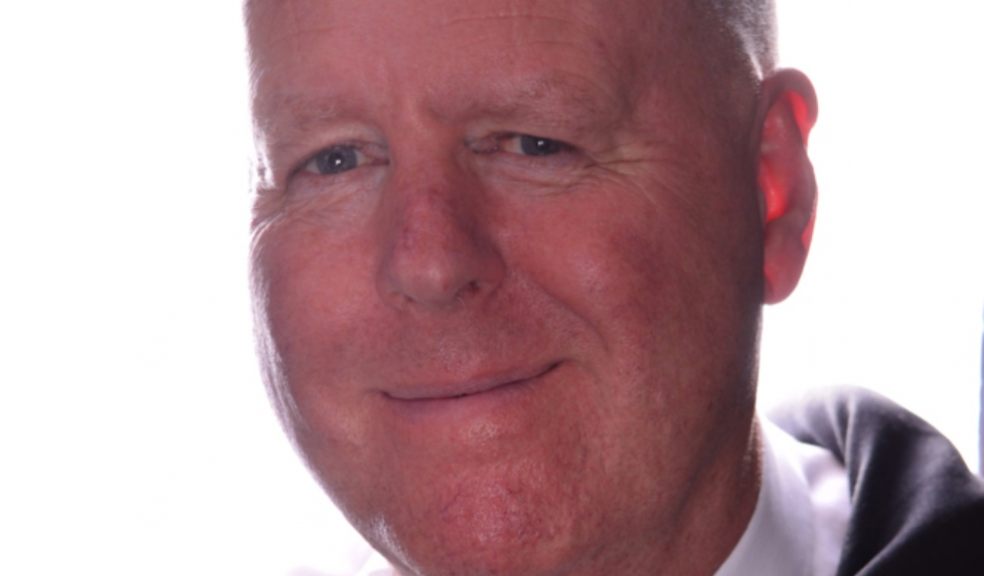
Leading in Troubled Times: How to keep your people motivated, engaged & well
Dr. Peter Totterdill, CEO of Workplace Innovation Europe CLG, based in Exeter, looks at how businesses can use the current pandemic to reflect on their current performance and future direction.
‘Working from home’ is now a fact of life for millions of people while many others experience ‘social distancing’ in the workplace. Both can lead to a sense of isolation, restricting the day-to-day interaction that not only helps people to do their jobs well but which creates the feeling of being part of a team.
Yet we’re also seeing a remarkable surge in entrepreneurship and innovation. In our communities and businesses alike people are finding new ways of collaborating and helping each other. Many are beginning to argue that this is transformative and that the post-COVID world won’t be the same as before. How we connect with each other will become even more important than it already is.
‘Connectedness’ is more than a jargon word: it is what makes work meaningful and engaging for most people, and it is what makes organisations both productive and innovative. In good organisations our interaction with colleagues enables us to share problems, plan and schedule our work together, celebrate our successes, generate ideas for innovation and improvement, and help shape future directions and strategies. Even day-to-day gossip helps us to feel part of the work community. Above all, connectedness gives our work purpose – not just focused on a narrowly specialised task but aware of our part in a bigger product, service and organisation.
Remote working can easily become the enemy of connectedness. During the first few weeks of isolation at home,some people may even enjoy the novelty whilst others will experience a sense of dislocation and unease. Yet, over several weeks, there is a real danger that more and more people will feel disconnected and disengaged from their organisations, simply performing expected tasks within an increasing sense of disconnectedness.
But it needn’t be like that. The Corona crisis is an amazing opportunity to work in new and better ways – and in many cases doing the things we should have been doing anyway. Here a few ideas to make the most of remote working and maintaining your team.
- Ensure that people’s jobs offer them new challenges and opportunities to learn when they’re working remotely – avoid repetitive work as far as possible if you want to keep them engaged.
- Sustain and build team cohesion. Many companies are using video technologies for morning ‘welcome to work’ meetings involving everybody in planning and scheduling the day’s activities, plus evening ‘thank you’ meetings to review progress. Delegating problem solving to team members provides good opportunities for peer-to-peer contact using video technologies and avoids a sense of isolation.
- One specialist engineering company that has embraced workplace innovation practices and is used to listening to their employees ‘voice’, has now introduced a mid-afternoon team tea during this period of enforced home working. This ‘virtual’ gathering sees how people are coping. Work isn’t discussed and tricky quiz questions, quirky teasers and social chat keeps motivation high.
- Develop online idea creation platforms where people can share experiences, identify improvements to products, services and processes, and work on the innovations that will help to position companies for success once the crisis is over. Recognise that the best ideas come through collaboration, so give people the opportunity to think creatively together online.
- Measure what matters: not when people clock on and off, but what they actually contribute during the week.
- Develop the coaching skills that will help people perform as well as possible in these difficult circumstances – not try to police and micromanage them.
- Be clear and open about the company’s position and challenges. Share information and challenges, and canvas employee ideas before reaching difficult decisions.
- Be aware of your own state of mind as a leader, and understand that your behaviours and actions will have a major impact across the entire workforce.
- Listen and ensure all new ideas are considered and responded to,
We’re now a few weeks into the crisis but we know very little about its eventual impact or when it will end. One thing that COVID- 19 has brought is time, and it’s a good moment to take stock and consider the effectiveness of your actions so far. What else we can you do to build the resilient organisation and the resilient workforce that will survive the current crisis?
Peter Totterdill is a director of Exeter based Workplace Innovation Europe CLG, a not-for-profit organisation specialising in advising and facilitating businesses and other organisations to improve organisational performance and working lives by releasing the full knowledge, skill and creativity of people at every level.














